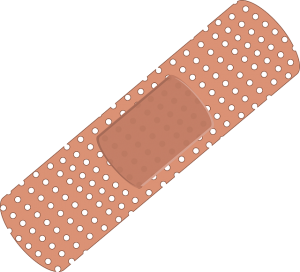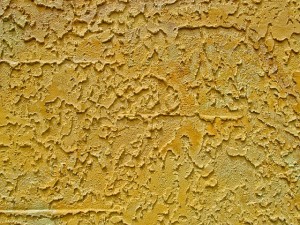1. to nod [verb] [knikte, geknikt] [‘knik-kun’] ![]()
“Knikken” is mostly used in the meaning ‘to nodd (in agreement)’, jaknikken (lit: ‘to nodd yes’). The related noun is “jaknikker” which can be translated as “yes-man” or “nodder”. Because of its appearance, pumpjacks or nodding donkeys (see picture below) are called “jaknikkers” in Dutch.
Examples:
– “Ze knikte ja maar volgens mij snapte ze er geen woord van.”
(“She nodded (in agreement), but I think she didn’t understand a word”. Lit: “She nodded yes but according to me she didn’t understand a word of it.”)
– “Jaknikkers kunnen we niet gebruiken in dit bedrijf; we zoeken mensen met lef!”
(“We don’t need nodders in this company; we are looking for people with guts!”)
– “De jaknikkers zagen er indrukwekkend uit in het lege landschap.”
(“The grasshoppers looked impressive in the empty landscape.”)
Related words:
– “Jaknikker” [noun] [de jaknikker, de jaknikkers]: yes-man, nodder.
– “Jaknikker” [noun] [de jaknikker, de jaknikkers]: pumpjack, nodding donkey, grasshopper.
– “Knik” [noun] [de knik, de knikken]: nodd.
2. to twist, to fold, to bend [verb] [knikte, geknikt] [‘knik-kun’] ![]()
Another meaning of “knikken” is “to bend (sharply)”. In this context a “knik” is a “bend”, “kink” or “twist”. Besides “knikken” you will see the synonymous “knakken” more often, see the Examples.
Examples:
– “De bloemstelen waren geknakt door de regen.”
(“The flowers stalks were bent by the rain.”)
– “Met knikkende knieën stapte zij op hem af.”
(“She approached him with knocking knees.”)
Related words:
– “Knakken”: to crack, to snap, to break.

 Een “pleister” is what you put on small wounds to stop them from bleeding. When the wound is larger, or after surgery, the wounds are protected by bandages, which are translated by “verband” (singular). A second meaning of “pleister” is explained below.
Een “pleister” is what you put on small wounds to stop them from bleeding. When the wound is larger, or after surgery, the wounds are protected by bandages, which are translated by “verband” (singular). A second meaning of “pleister” is explained below. Another meaning of “pleister” or “pleisterwerk’ is stucco.
Another meaning of “pleister” or “pleisterwerk’ is stucco.



 A “watje” is the pad that you remove your make-up with or clean your ears with, or what you use when cleaning a wound or stemming the blood flow when one of your wisdomtooth has just been removed. “Watje” is the singular diminutive of the plural “watten”, which can be translated as “cotton wadding” or “batting”.
A “watje” is the pad that you remove your make-up with or clean your ears with, or what you use when cleaning a wound or stemming the blood flow when one of your wisdomtooth has just been removed. “Watje” is the singular diminutive of the plural “watten”, which can be translated as “cotton wadding” or “batting”.